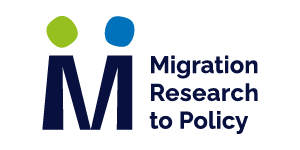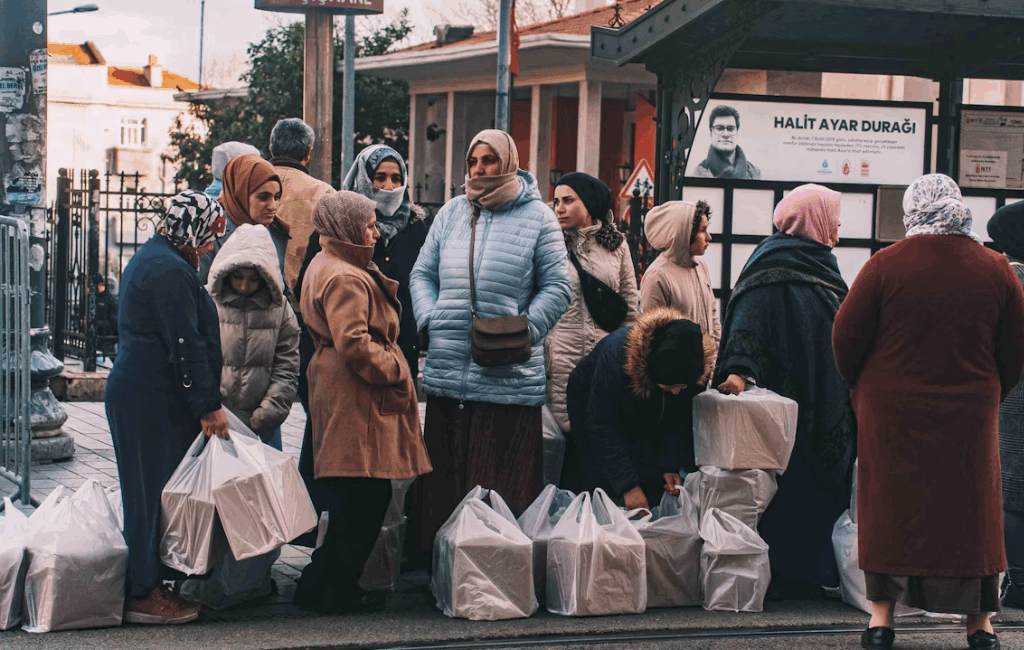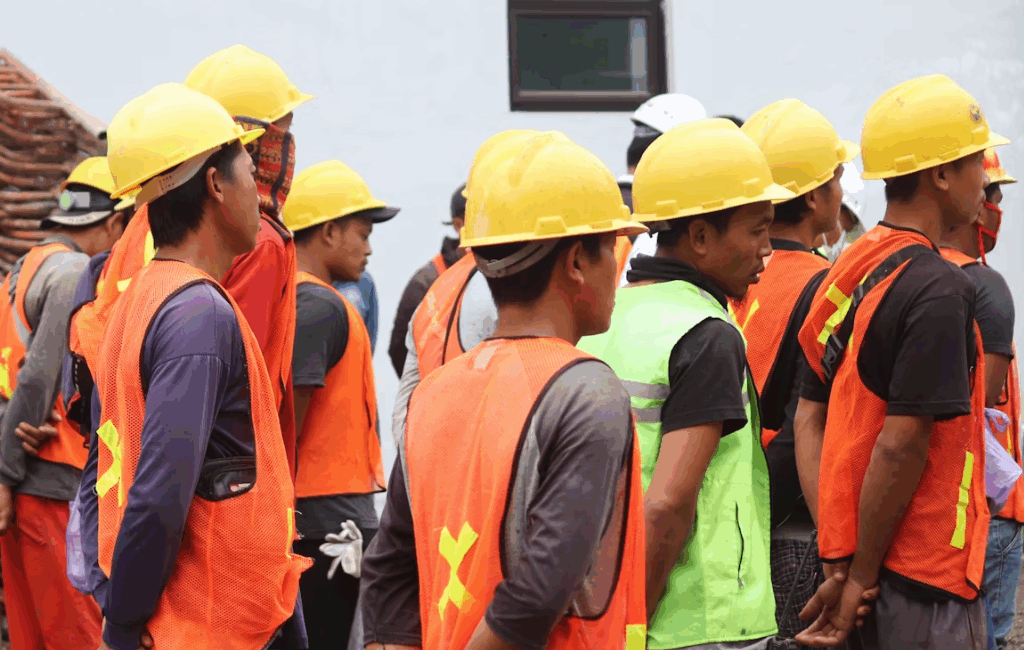
RESEARCH EXCHANGE
The two overlooked gaps in migration research and policy
Author
About
Jeff Crisp
strategy
Why does migration, refugee and humanitarian research appear to have little impact on policy? In this Short, I provide some insights based on my experience of working in a policymaking capacity with the Global Commission on International Migration, UNHCR and the Independent Commission on International Humanitarian Issues.
Research impact is hard to assess
Research does not generally have a direct impact on policy, and whatever impact it has is hard to assess, let alone measure. Research helps to mold the intellectual environment in which policy is made, and it often takes a considerable period of time for research findings to seep into the policymaking process. Even then, policymakers might not have read or even be aware of the specific research outputs from which those findings are drawn.
Research findings are one of many variables (and a relatively minor one) that influence the policymaking process. The other, and usually more important, considerations include the availability and prioritization of resources, organizational capacity, as well as the potential response of other relevant stakeholders to the introduction and implementation of a new policy.
Policymaking is often a contested and competitive process, with different individuals or units within a bureaucracy seeking to ensure that their position prevails. To attain that objective, policymakers may well look for and invoke those research findings that support their particular perspective.
Is policy really evidence-based?
While policymakers often talk about the need for research to be taken seriously, and for policies to be ‘evidence based’, this is not necessarily the case. Policymakers often lack the time and inclination to keep abreast of new research, and in any case, might feel that they are more knowledgeable about the issue or situation at hand than academic researchers. In my experience, barriers to impact also arise because of problems of timing, misaligned incentives and failures to understand how the policymaking process works.
First, academic research is often poorly timed, addressing issues and situations that were of previous interest to policymakers but which have lost their contemporary relevance. The process of research and publication is a relatively slow one, whereas migration, refugee and humanitarian policies often have to be formulated in the context of fast-moving emergencies.
Second, academic researchers often underline their ambition to influence policy, when their real interest is to be found in publishing, attending conferences, interacting with their academic peers and advancing their university careers. Their research proposals are often framed in ‘policy relevant’ terms because that strengthens the likelihood that they will attract significant funding, which will in turn allow them to attain those professional objectives.
Third, researchers do not always act in a way that enhances their ability to influence policy. The most common mistakes include: being inadequately prepared for interviews with policymakers and using such encounters to advance their own opinions; using a checklist of prepared questions rather than engaging in a dynamic conversation with policymakers; making unreasonable or inappropriate requests for logistical and other support to their research activities; writing in an excessively academic or theoretical manner; and failing to send policymakers the results of their research and to engage with them in a systematic manner once their findings have been written up.
Many of these difficulties arose in relation to the multitude of overlapping research projects funded by European governments in the aftermath of the refugee and migrant influx of 2015-6, when researchers were under significant pressure to complete their projects within a tight timeframe. A further consequence of this situation was that policymakers and practitioners in operational agencies suffered from ‘interview fatigue’, the result of being asked almost exactly the same set of questions by a succession of different research teams.
Minding the gap or missing the gaps?
While the gap between research and policy in the migration, refugee and humanitarian field is attracting a growing amount of attention, the more serious gap is often between the policy and practice of organisations functioning in those domains. In other words, such entities declare by means of their policy pronouncements that they are going to act in a particular manner in relation to certain issues or situations, but do not actually abide by those statements of intent in their operational activities.
This is especially the case with respect to global policies crafted at the headquarters level, which might be dismissed as inappropriate or unworkable by the personnel responsible for their implementation at the national or local level. A particular example of this can be found in UNHCR’s ‘alternatives to camps’ policy, which stipulates that refugees should be allowed to choose their own place of residence, rather than being confined to organised settlements.
This policy has proved impossible to implement in a country such as Malawi, where the government has pursued a policy of rounding up refugees living amongst the local population and obliging them to live in a camp. If migration, refugee, and humanitarian research is to have meaningful impact, it must engage with this full policy ecosystem: from strategy rooms to frontline implementation.
In this sense, bridging the gap between research and policy (and between policy and practice) requires more than producing high-quality evidence. It means recognising that policy decisions are shaped by a complex mix of resources, politics, and institutional priorities. Researchers must position their work not as a rival to these realities, but as a tool that can complement and inform them. To do this effectively, ‘policy relevance’ must go beyond rhetoric or funding strategies and reflect a genuine engagement with real-world constraints.
Moreover, academics need to move beyond simply seeking to inform policy texts; they should also examine how those texts play out in practice and why certain policies fail to take root. But narrowing both gaps will not be achieved through better communication alone. It demands a rethinking of incentives in both academic and policy spheres, and a recognition that effective change comes not just from knowing what should be done, but from understanding how and why it actually gets done.
Jeff Crisp is a specialist on refugee, asylum, migration and humanitarian issues. He is currently affiliated with the Refugee Studies Centre, University of Oxford.
Submit your idea for a ‘short’ to be featured on the Co-Lab.












